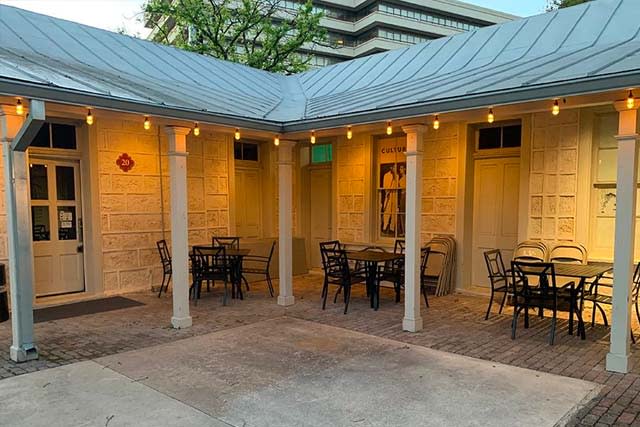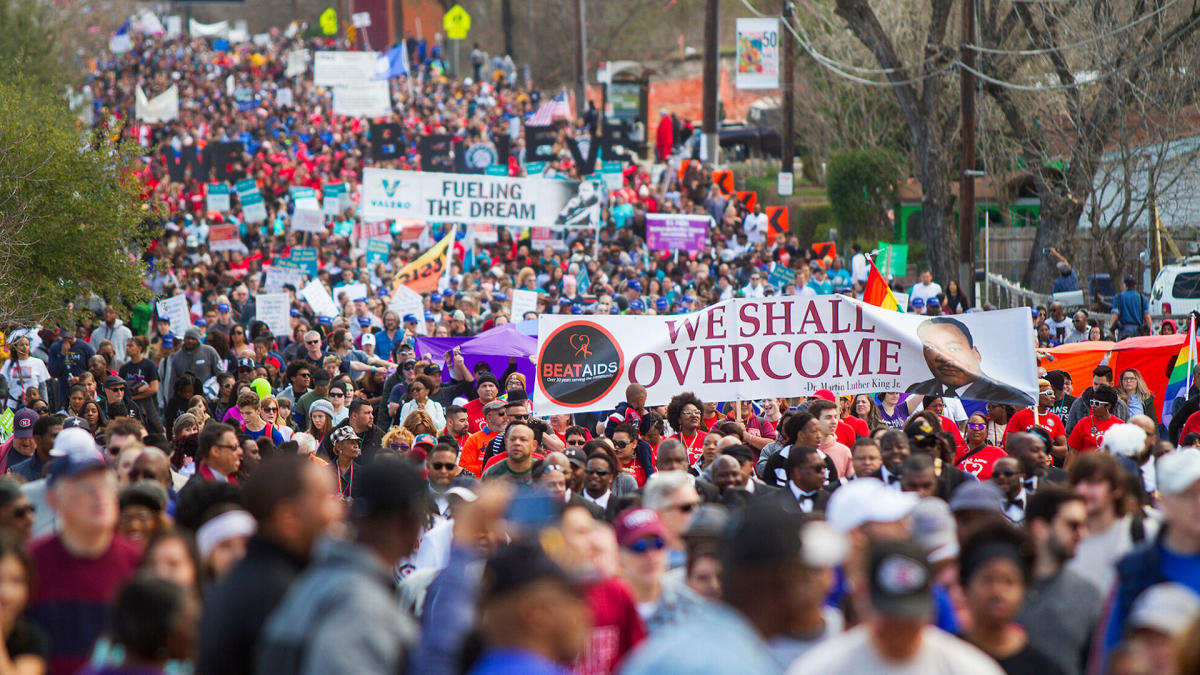San Antonio is not only a city of vibrant history but also one that boasts a rich cultural landscape. Its dynamic and diverse streets have been paved by droves of activism, cultural pride, and the tireless efforts of individuals and organizations that have championed civil rights over the years.
Get to know some of the city's most significant civil rights sites and initiatives that have played a pivotal role in shaping the Alamo City.
The San Antonio African American Community Archive and Museum (SAAACAM)

The San Antonio African American Community Archive & Museum (SAAACAM) stands as a poignant reminder of the African American community's rich contributions to the city's cultural mosaic. From documenting the struggles of the past to celebrating the achievements of the present, the museum is dedicated to preserving and sharing the stories of African Americans in San Antonio.
The museum plans to relocate to the original KRESS building, which once housed one of the first seven lunch counters in San Antonio to desegregate in the South during the Jim Crowe era, giving the building a prominent place in Black history.
Watch “San Antonio, 1960: A Quiet Revolution,” courtesy of the San Antonio Conservation Society.
The Mexican American Civil Rights Institute (MACRI)
Nestled in the heart of San Antonio, The Mexican American Civil Rights Institute, MACRI, aims to promote a deeper understanding of the historical struggles and triumphs of the Mexican American community. At a time when acts of discrimination had reached such extreme proportions in Texas, three organizations — including the Orden Caballeros de America chapter in San Antonio — led the effort to form The League of Latin American Citizens (LULAC) in 1929. This beacon of advocacy serves as the first Mexican American Civil Rights Museum in the US, honoring the legacy of those who fought for justice.
The Carver Community Cultural Center
Named after the distinguished scientist and educator, the Carver Community Cultural Center is dedicated to celebrating the diverse cultures of our world through artistic performances and educational programs.
Erected in 1918, the site has hosted Black entertainment legends, including Ella Fitzgerald and Duke Ellington. The Carver continues to play a pivotal role, serving as a premier theater for entertainers of color through its two active venues.
The Alameda Theater
Initially opened in 1949 as a Mexican American entertainment venue, the Alameda Theater was the largest theater dedicated to Spanish-language movies and live performances featuring Latin American superstars, such as Pedro Infante and Vincente Fernandez.
A desegregated theater during the Civil Rights era, the venue now preserves San Antonio's history of inclusion. After a period of dormancy, the theater announced a meticulous restoration plan to reclaim its former glory and serve as a centerpiece for the arts once again.
Martin Luther King, Jr. March in SA
 San Antonio hosts one of the largest Martin Luther King Jr. Day marches in the nation, drawing upwards of 300,000 of participants each year, converging in the city’s Eastside for a nearly 3-mile stretch.
San Antonio hosts one of the largest Martin Luther King Jr. Day marches in the nation, drawing upwards of 300,000 of participants each year, converging in the city’s Eastside for a nearly 3-mile stretch.
With local civil and human rights organizations leading the way, all are encouraged to walk alongside in a collective stride, united in the symbolic journey towards realizing and upholding Dr. King’s dream. The annual MLK March and Celebration stands as a testament to San Antonio’s commitment to community and activism.